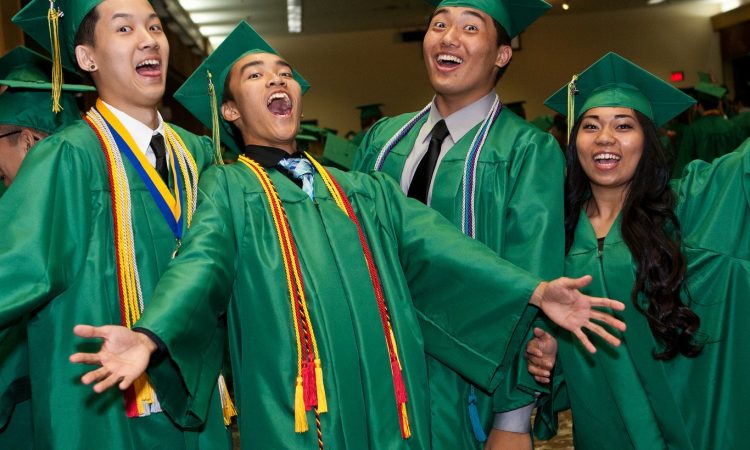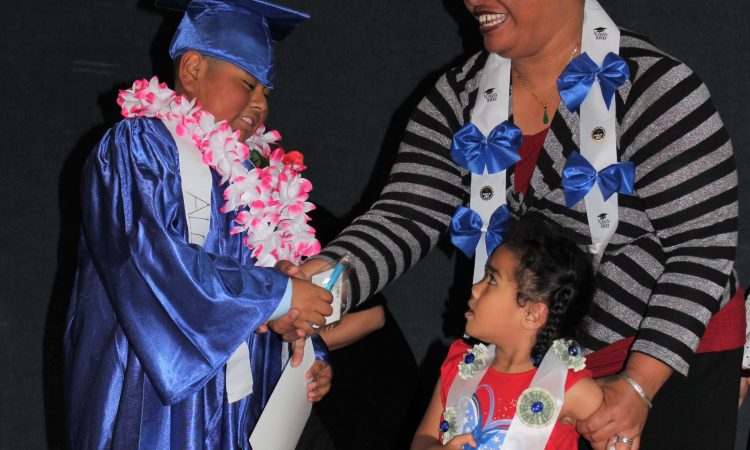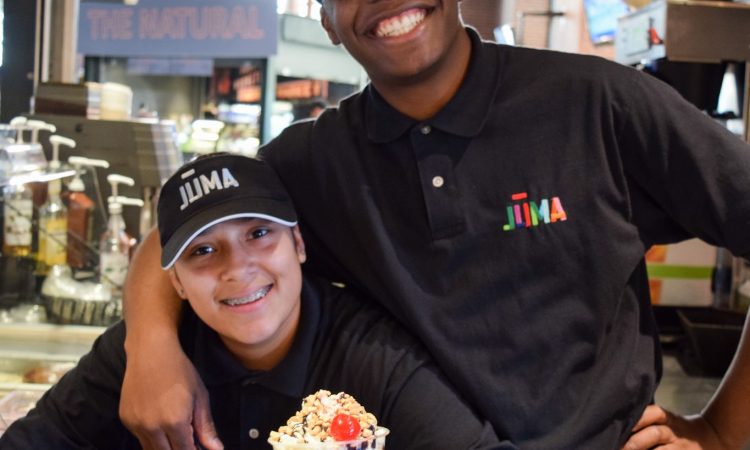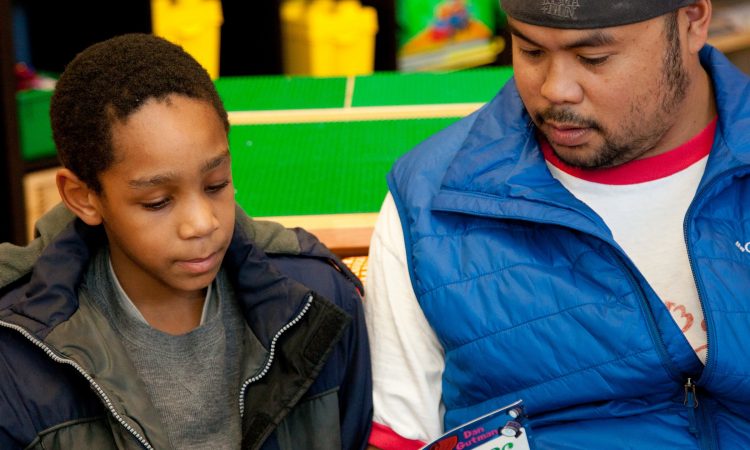Youth benefit when people intentionally pour into them and help guide their development. Those who face the toughest challenges, such as coming from low-income environments or foster care, have the greatest obstacles to overcome in becoming successful. High-risk youth typically struggle in school, face anger or depression, have behavior challenges, do not have stable adults in their lives and lack support to overcome these issues.
When people come alongside these children, who are often assumed to have the least chance of success, they are given the opportunity to reach their potential. This is where youth development nonprofits come in. The committed people who work in youth development support children in reaching their fullest potential and their goals. Often for youth, those goals involve staying in school and being successful in academics, and for older youth and teens, the focus is on helping them stay the course to graduation and successfully launching to college or careers. We are fortunate to have several nonprofits in the Pacific Northwest taking unique approaches to youth development, driven by the knowledge that helping children succeed is always worth the effort.

Children in Multnomah County, Oregon, especially those from communities of color face a number of obstacles, including the following: kids who enter kindergarten unprepared often don’t catch up; students who falter in their first year of high school have a slim chance of ever graduating; thousands of local high school graduates never enroll in college or career training; and fewer than half of the students who do go to college actually earn a degree. After the city of Portland conducted this research in 2010, they chose All Hands Raised to lead a nationally acclaimed cradle-to-career model focused on long-term systemic change. Much of AHR’s work is done through hands-on interaction in schools. The AHR team works with schools, community organizations and businesses to improve equity and engagement in schools, kindergarten and high school transitions, attendance, access to financial aid and pathways to trade jobs. AHR is working from the inside out to improve outcomes for at-risk students.

The Circus Project was founded on the innovative idea that circus arts can benefit marginalized youth in unprecedented ways. Originally designed to empower homeless youth in Portland, TCP now serves a diverse community through its programs that use circus arts to transform individuals and communities. Through TCP’s continuum of programs, it addresses a diverse range of needs and abilities with homeless and at-risk youth. Public Academy offers circus training to people of all abilities, and Community Showcase performances give students a way to publicly demonstrate the circus arts they’ve learned while showing audiences that street and other marginalized youth are capable and valued.

Students of color or who are economically disadvantaged face many barriers to completing K-12 education and then succeeding at post-secondary opportunities. Greater Than helps poverty-impacted students in Portland thrive in school, college and career by offering three core services: long-term relationships with caring adults, intensive wrap-around academic and personal/social support services and creating a culture of college/career orientation. The Dreamer School is designed to dismantle those barriers and eliminate educational disparities. The Murdock Trust-supported College Access and Success Initiative drives culturally relevant resources and supports to youth in the Dreamer School program as they complete high school and begin their post-secondary journey.

Juma Ventures focuses on providing pathways to work, education and financial capability for Seattle youth, ultimately breaking the cycle of poverty. Juma operates 20 social enterprise concessions businesses in major sports venues around the United States, providing meaningful employment and job training to thousands of youth from low-income backgrounds. Youth receive job experience along with Juma’s unique programming that teaches financial capability, education and career support services. A Murdock Trust grant supported Juma’s Seattle expansion with a development staff.

Determined to help children triumph over adversity, Duncan Campbell conducted extensive research on best practices for helping vulnerable children thrive, eventually founding Friends of the Children with the following framework: start early, train and pay mentors and stay for the long haul. When children enter FOTC in kindergarten, they have a committed mentor who spends four hours each week with them through high school graduation. The mentor-child approach isn’t a new one, but the commitment to pay professional mentors is unique and results in more dedicated and quality mentors who are helping children reach their potential. At FOTC Seattle, more than 90 percent of children stay in the program through graduation, 81 percent meet or exceed math and reading standards, 87 percent meet standard attendance, 90 percent avoid suspension/expulsion and all are promoted to the next grade level.
Often, the difference between a student who succeeds and one who does not is the presence of caring adults who are committed to helping them flourish. When youth are successful in school and launch well into post-secondary education or careers, the whole community flourishes. Investing in the youth of today means stronger communities tomorrow. Learn more about these youth development nonprofits and others like them by exploring our grants awarded on our website.







